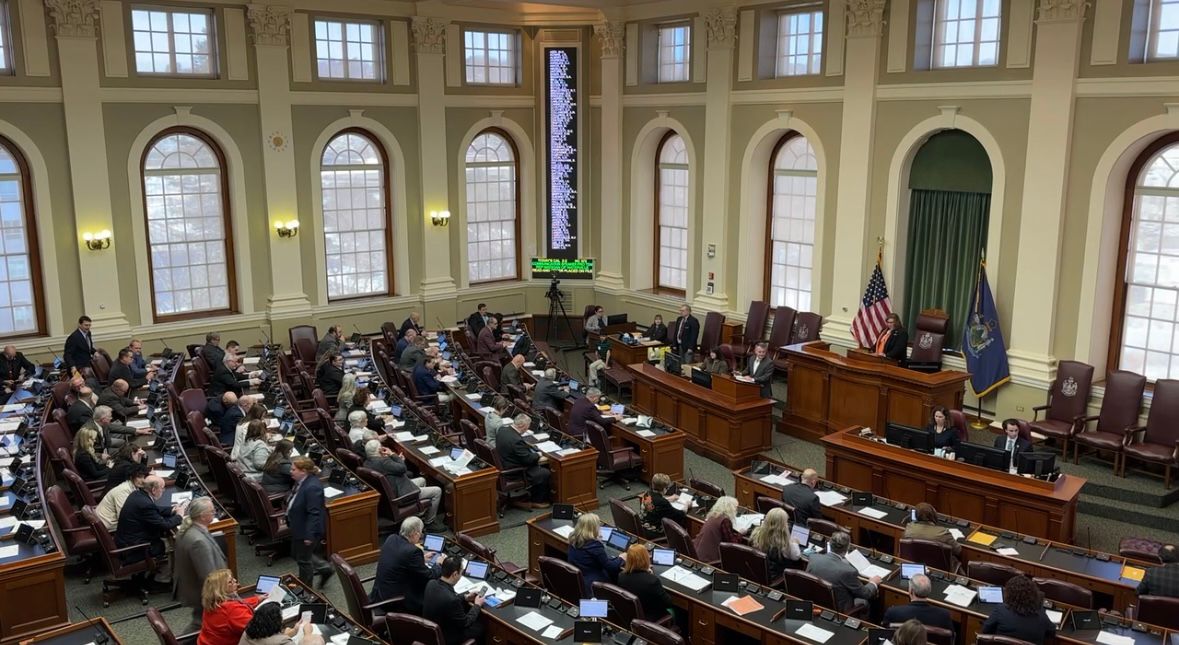While social media news feeds are already full of national political ads ahead of the November election, Maine politics watchers say voters should also study up on candidates not named Donald Trump or Kamala Harris.
That’s because on Nov. 5, all 186 seats in the Maine Legislature will be on the ballot.
Democrats now control the 35-member Senate and 151-member House. But Republicans have fielded a strong crop of candidates, said Garrett Mason, a former Republican state senator and owner of Dirigo Public Affairs.
“Both caucuses have done a great job getting candidates,” he said. “I think this is a year for Republicans to catch up.”
Whether they simply narrow the margins or take over one of the chambers could determine the fate of Democratic Gov. Janet Mills’ agenda in her final two years in office.
Mason, whose father Richard is a state representative running unopposed for his last term in the House, complimented Mills for working with Republicans but acknowledged that she might pursue policies opposed by many in the GOP.
“She’s going to want to put her stamp on a few things,” he said. “I do expect her to make some big moves.”
Democratic political consultant David Farmer said regardless of which party is in power, the State House halls will look dramatically different come January.
That’s true not only because all 186 seats are up for election, but because Senate President Troy Jackson (D-Allagash) is termed out and House Speaker Rachel Talbot Ross (D-Portland) is running for the Senate.
With new leaders at both ends of the hall, change is the only certainty.
Another factor is at play as well, Farmer said. With a closely divided federal government, key issues such as abortion, gun rights and the environment are being tackled at the state level.
“The dysfunction and conflict at the national level pushes a lot to state legislatures,” Farmer said. “Congresses’ inability to pass major legislation leaves it to the states to do that work.”
When Mainers head to the polls Nov. 5, they will choose a president, a U.S. senator and two U.S. representatives. They’ll decide five state ballot questions and weigh-in on local races and issues — all in addition to the Maine House and Senate races.
Currently, the House is made up of 79 Democrats, 67 Republicans and two independents, with three vacancies. In the Senate, Democrats hold 22 seats and Republicans control 13.
Republicans last controlled the House in 2012 and the Senate in 2018.
Absentee voting will start in early October, shortening the election season for those who are ready to cast ballots 30 days before the November contest.
Between now and then, Mason suggested calling or emailing legislative candidates directly, rather than relying on paid advertisements.
“In Maine we are so lucky to have a citizen Legislature,” he said. “I think people don’t realize how accessible their candidates are.”
Farmer said to take the time to talk to candidates who come to your door and look for local community forums to learn more.
“Maine is a very much shake hands, ask questions kind of state,” he said.



